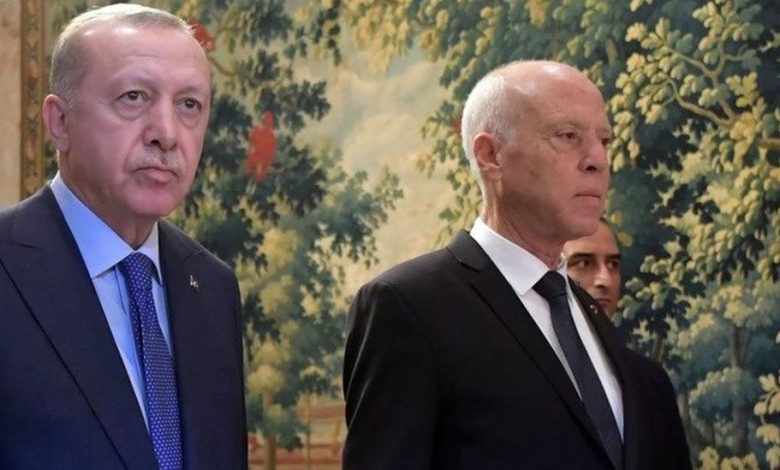Tunisia is considering revising the free trade agreement with Turkey… Why?

Tunisian Minister of the Economy Samir Said called for a review of the trade agreement with Turkey, in light of the large deficit which deepened in the last decade, especially after the controversy that was raised by the troika governments led by the Muslim Brotherhood Ennahdha Movement, to invade Tunisian markets.
Samir Said, according to the Tunisian radio (Mosaïque) on Friday, said that “the time has come to work with the Ministry of Trade and Export Development to put an end to these sharp differences between exports and imports, which did not benefit Tunisia.”
“Every time a country’s economy goes through difficulties, the state has the right to review the articles of the agreement in order to find new mechanisms, given that the Tunisian economy was greatly affected by the imbalance in trade between the two countries, ” he said.
The agreement, which came into effect on July 1, 2015, allows for the complete exemption of customs duties on all industrial products. It also stipulates the exemption of some agricultural products from these features to a certain ceiling, similar to the export dates to 5,000 tons.
Some experts consider this agreement unfair to Tunisia and unequal. It requires modification with the aim of reducing the trade deficit with Turkey, and saving some of the domestic products that were affected by the crowding out of Turkish products and their invasion of the Tunisian market.
Tunisian authorities formally decided in 2021 to revise the convention; The goal is to reduce its trade deficit with this country, which reached 2.5 billion dinars, 900 million dollars,.
Over the past few years, this agreement has become a point of controversy, as it flooded Tunisian markets with Turkish goods and caused the closure of Tunisian factories and the unemployment of many artisans and workers, according to Al-Arab.
Tunisia’s trade deficit with Turkey was recorded at 2.5 billion dinars, $900 million, in 2021, according to the Minister of Economy. Economists hope to address this deficit in the new system, which seeks structural reforms of the economy to counter the arbitrary supply of products, resulting in a bleeding of hard currency.
“On several occasions, campaigns were launched to boycott Turkish products and goods, which flooded markets and caused significant damage to local manufacturers and the national economy, but were ignored.” The volume of imported goods is 90%, while Tunisia exports only 4% to Turkey.












